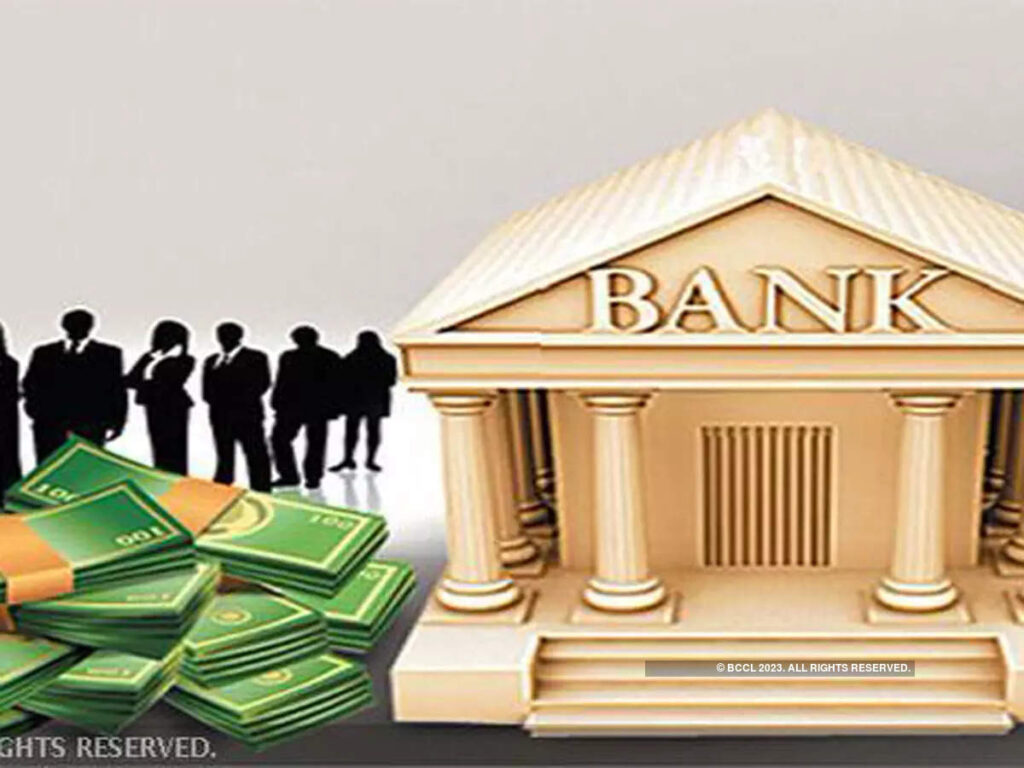Recession and inflation are economic terms that describe different aspects of the economy. Here’s a breakdown of the differences between the two:
1. Definition:
– Recession: A recession refers to a significant decline in economic activity across an entire economy, typically lasting for a prolonged period. It is characterized by a decline in GDP (Gross Domestic Product), high unemployment rates, reduced production, and decreased consumer spending.
– Inflation: Inflation, on the other hand, refers to a sustained increase in the overall price level of goods and services in an economy over time. It means that the purchasing power of money decreases as prices rise.
2. Causes:
– Recession: Recessions can be caused by various factors such as financial crises, changes in government policies, fluctuations in business cycles, or external shocks like natural disasters or global economic downturns.
– Inflation: Inflation can result from factors such as increased consumer demand, rising production costs (such as wages and raw materials), expansionary monetary policy (increased money supply), or supply shocks (such as disruptions in oil supply).
3. Impact on the economy:
– Recession: During a recession, businesses may struggle, leading to reduced investments, layoffs, and increased unemployment rates. Consumer spending tends to decrease as people become cautious about their finances. It can have a negative impact on economic growth and overall prosperity.
– Inflation: Inflation affects consumers by eroding their purchasing power as prices of goods and services rise. It can also have an impact on businesses, causing uncertainty in planning and investment decisions. However, moderate inflation is often seen as a sign of a healthy economy.
4. Measurement:
– Recession: The measurement of a recession primarily relies on changes in GDP growth rates over consecutive quarters. When there is a sustained decline in GDP for two consecutive quarters or more, it is generally considered an indicator of a recession.
– Inflation: Inflation is measured using various economic indicators, such as the Consumer Price Index (CPI) or the Producer Price Index (PPI). These indices track changes in the average prices of a basket of goods and services over time.
In summary, a recession is a period of economic decline characterized by reduced economic activity, while inflation refers to a sustained increase in the general price level. Both can have significant effects on individuals, businesses, and the overall economy.


Hi, this is a comment.
To get started with moderating, editing, and deleting comments, please visit the Comments screen in the dashboard.
Commenter avatars come from Gravatar.